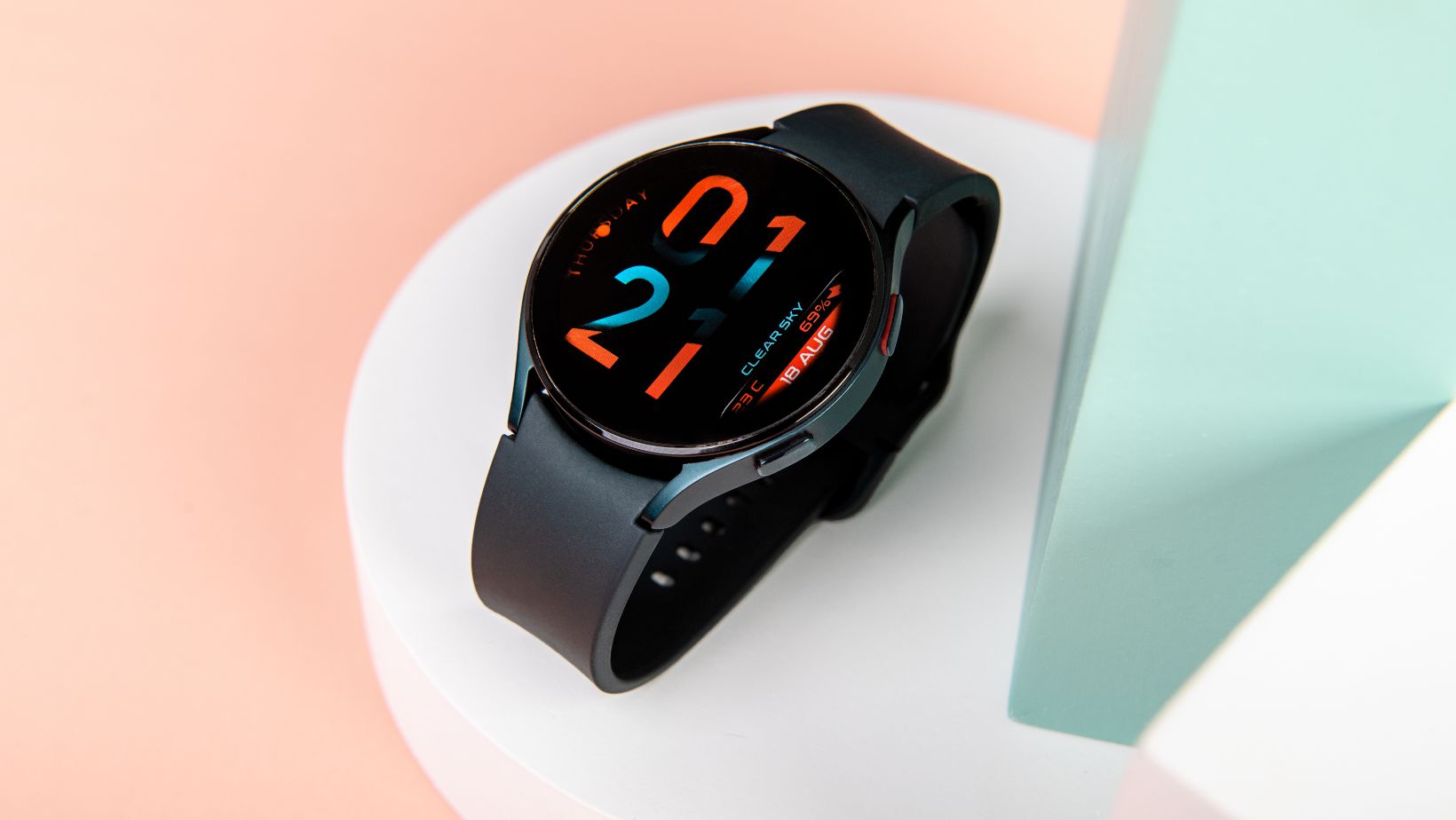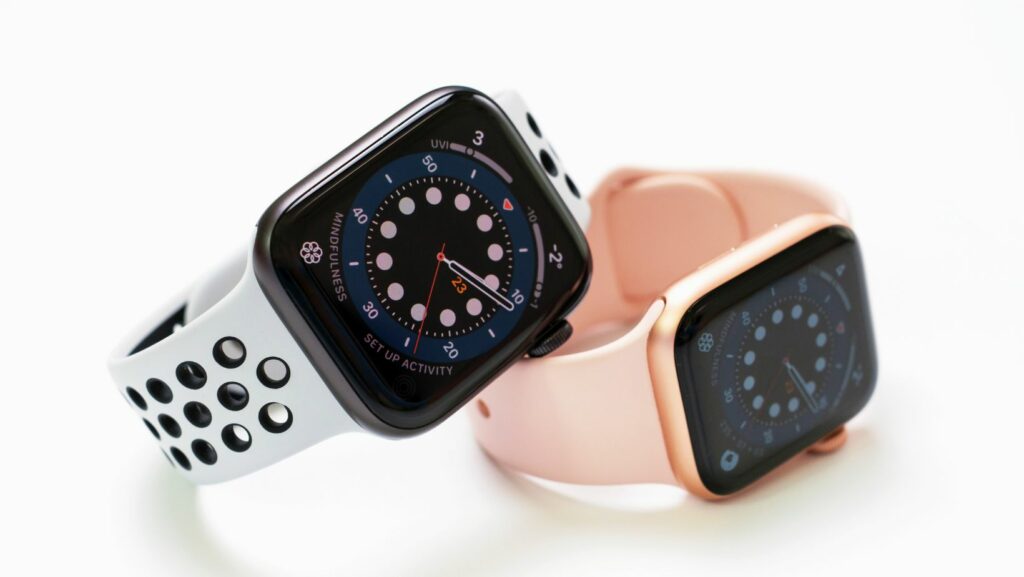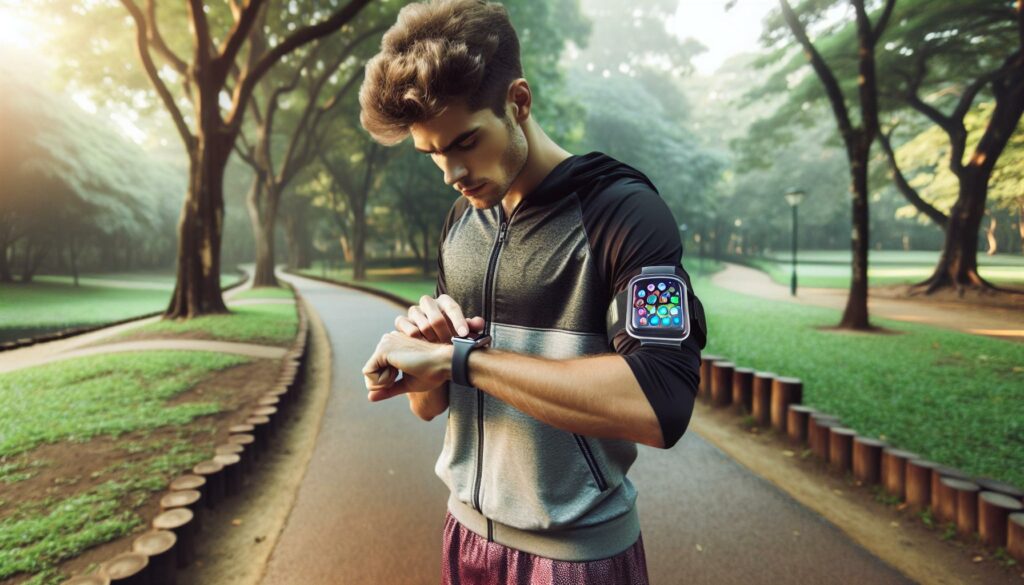The FDA recently raised eyebrows with its warning about sugar’s unexpected relationship with smartwatches. As these devices become ubiquitous in tracking our health metrics, it’s crucial to understand how they interact with our dietary choices. I never thought sugar could be a concern in this tech-savvy world, but the implications are significant.
Smartwatches promise to help us monitor everything from heart rate to calorie intake, but the FDA’s caution reminds us that not all data is created equal. The intersection of technology and nutrition is complex, and I’m eager to explore what this means for our health. Let’s dive into the details and uncover why the FDA is sounding the alarm.
Key Takeaways
- FDA Cautions on Sugar and Smartwatches: The FDA warns about potential risks of high sugar consumption and its misrepresentation through smartwatch data, emphasizing the need for accurate dietary tracking.
- Health Risks of Excessive Sugar: High sugar intake is linked to obesity, diabetes, heart disease, and metabolic syndrome, highlighting the importance of mindful consumption alongside health monitoring devices.
- Smartwatch Limitations: While smartwatches offer valuable health tracking features, users must understand their limitations regarding dietary impacts such as sugar intake for effective health management.
- Consumer Recommendations: Alternatives to smartwatches, like fitness trackers, mobile apps, and consulting professionals, can help users track dietary habits effectively and manage sugar consumption.
- Practical Dietary Tips: Limiting added sugars, reading nutritional labels, choosing whole foods, practicing moderation, staying hydrated, and opting for natural sweeteners are practical ways to control sugar intake for better health.
FDA Warns Sugar Against Using Smartwatches
The FDA issued warnings regarding the potential risks associated with high sugar consumption, particularly in the context of smartwatches. These devices offer users the ability to track health metrics, yet they may not adequately convey the impacts of excessive sugar intake.
The warnings emphasize that smartwatches often misrepresent data if users do not input their dietary habits correctly. Omitting sugar consumption data can lead to misleading health metrics, causing individuals to misinterpret their overall health.
Additionally, the FDA highlights the connection between high sugar intake and various health risks, including obesity and diabetes. By relying solely on smartwatches for health monitoring, users might overlook critical dietary choices affecting their well-being.
It’s crucial for users to balance smartwatch data with informed dietary decisions. Combining technology with a clear understanding of nutritional facts allows for a healthier lifestyle. Users must stay vigilant about their sugar consumption alongside their health tracking methods.
The Role of Sugar in Health

Understanding the role of sugar in health is crucial, especially in the context of using smartwatches for monitoring well-being. The FDA’s warnings emphasize the need for a careful assessment of sugar consumption to avoid misleading health metrics.
Health Risks Associated with High Sugar Intake
High sugar intake contributes to numerous health risks. Studies indicate that excessive sugar consumption increases the likelihood of obesity, with one study showing a direct correlation between sugar-sweetened beverage intake and weight gain. Refined sugars can lead to insulin resistance, a precursor to type 2 diabetes, affecting how the body processes glucose. Additionally, high fructose intake has been linked to fatty liver disease. I find it alarming that many users might neglect these risks because they rely solely on smartwatches for health data.
Impact on Chronic Diseases
The impact of sugar on chronic diseases cannot be overlooked. Research connects high sugar consumption with cardiovascular diseases, as added sugars can elevate blood pressure and fuel inflammation. The American Heart Association cites that added sugars contribute to high triglyceride levels, a significant risk factor for heart disease. Furthermore, sugar’s relationship with metabolic syndrome—a cluster of conditions increasing the risk for heart disease, stroke, and diabetes—highlights the importance of monitoring sugar intake alongside wearable technology data. Balancing smartwatch insights with awareness of sugar’s chronic disease implications allows for better health management.
Smartwatches in Health Monitoring
Smartwatches play a significant role in health monitoring by providing real-time data on various physiological metrics. They can aid in tracking personal health trends, but it’s crucial to understand their limitations, especially regarding dietary impacts like sugar intake.
Features of Health Tracking Smartwatches
- Heart Rate Monitoring: Smartwatches continuously track heart rate, offering insights into cardiovascular health.
- Activity Tracking: These devices count steps, measure distance, and estimate calories burned, promoting physical activity.
- Sleep Tracking: Smartwatches monitor sleep patterns, helping users understand sleep quality and duration.
- Nutrition Tracking: Some models allow users to log food intake, though accuracy relies on proper user input.
- ECG and Blood Oxygen Monitoring: Advanced models offer electrocardiogram (ECG) readings and blood oxygen saturation levels, enhancing health oversight.
- Real-Time Feedback: Instant notifications about health metrics enable quick adjustments to lifestyle choices.
- Motivation for Activity: Goal-setting features encourage users to meet daily activity targets, fostering a more active lifestyle.
- Data Accessibility: Users can easily access and review their health data, aiding in informed decision-making.
- Integration with Health Apps: Smartwatches often sync with other health applications, providing a comprehensive view of health data.
- Awareness of Health Trends: Continuous tracking promotes awareness of changes in health metrics, alerting users to potential issues.
The FDA’s Concerns Regarding Sugar Use
 The FDA raises important concerns about sugar consumption and its interaction with health tracking through smartwatches. Understanding these concerns assists in making informed dietary choices.
The FDA raises important concerns about sugar consumption and its interaction with health tracking through smartwatches. Understanding these concerns assists in making informed dietary choices.
Reasons Behind the Warning
The FDA warns about high sugar consumption due to its direct link to various health issues, including obesity and diabetes. Misleading health metrics from smartwatches occur when users don’t accurately report their sugar intake. Research indicates that excessive sugar disrupts metabolic processes, potentially leading to insulin resistance. Users might mistakenly believe they’re maintaining good health based on smartwatch data, which is inaccurate if dietary choices aren’t tracked properly.
Potential Consequences of Ignoring the Warning
Ignoring the FDA’s warning can lead to severe health ramifications. Users relying solely on smartwatches may neglect essential lifestyle changes needed to manage sugar intake. This neglect risks compounding health issues, like increased likelihood of chronic diseases, including heart disease and metabolic syndrome. As a result, individuals could face long-term health consequences while mistakenly trusting their smartwatch data.
Recommendations for Consumers
I recommend consumers consider ways to manage their health and sugar intake effectively. Awareness of alternative options to smartwatches and guidelines for healthy sugar consumption can contribute significantly to overall well-being.
Alternative Options to Smartwatches
- Fitness Trackers: Fitness trackers focus primarily on physical activity metrics without integrating complex health data that may mislead users. These devices often provide accurate step counts, calories burned, and heart rate monitoring.
- Mobile Apps: Nutrition and fitness mobile apps enable users to track dietary habits and exercise routines. By entering daily food intake, users receive insights into their sugar consumption without relying on smartwatch integration.
- Traditional Methods: Keeping a food journal or diary helps track daily sugar intake effectively. This approach encourages mindfulness around dietary choices and fosters accountability.
- Consulting Professionals: Working with healthcare providers, such as dietitians, offers personalized guidance in managing sugar intake and overall health. Professional advice can lead to tailored strategies and support.
- Wearable Devices with Focused Functions: Some wearables focus on specific health metrics, like heart rate or sleep quality, without comprehensive sugar data. This selective approach allows users to obtain valuable health insights without sugar-related misinterpretations.
- Know the Limits: Women should limit added sugars to 6 teaspoons per day, while men should aim for 9 teaspoons. Staying within these guidelines helps maintain a balanced diet and avoid excessive calorie intake.
- Read Labels: Checking nutritional labels for added sugars ensures informed choices. Many packaged foods and beverages contain hidden sugars that contribute to overall intake.
- Choose Whole Foods: Prioritizing whole foods, such as fruits, vegetables, and whole grains, helps reduce added sugar consumption. These foods provide essential nutrients without excessive sugars.
- Practice Moderation: Enjoying sugary treats occasionally instead of daily helps balance dietary choices. Moderation encourages satisfaction without compromising overall health.
- Stay Hydrated: Drinking water instead of sugary beverages aids in reducing sugar intake. Replacing soda and juices with water promotes hydration while minimizing added sugars.
- Opt for Natural Sweeteners: When possible, use natural sweeteners like honey or maple syrup. These alternatives can satisfy sweetness cravings with less impact on blood sugar levels compared to refined sugars.
Technology Insights
The FDA’s warning about sugar consumption and smartwatches serves as a crucial reminder for all of us. It’s easy to rely on technology for health insights but overlooking the importance of our dietary choices can lead to serious health issues.
I believe it’s essential to strike a balance between using smartwatches for monitoring health metrics and being mindful of what we consume. Understanding the limitations of these devices can empower us to make better decisions regarding our sugar intake.
By staying informed and proactive about our dietary habits, we can effectively manage our health and reduce the risks associated with high sugar consumption. Let’s not forget that technology is just one piece of the puzzle in our journey toward a healthier lifestyle.



